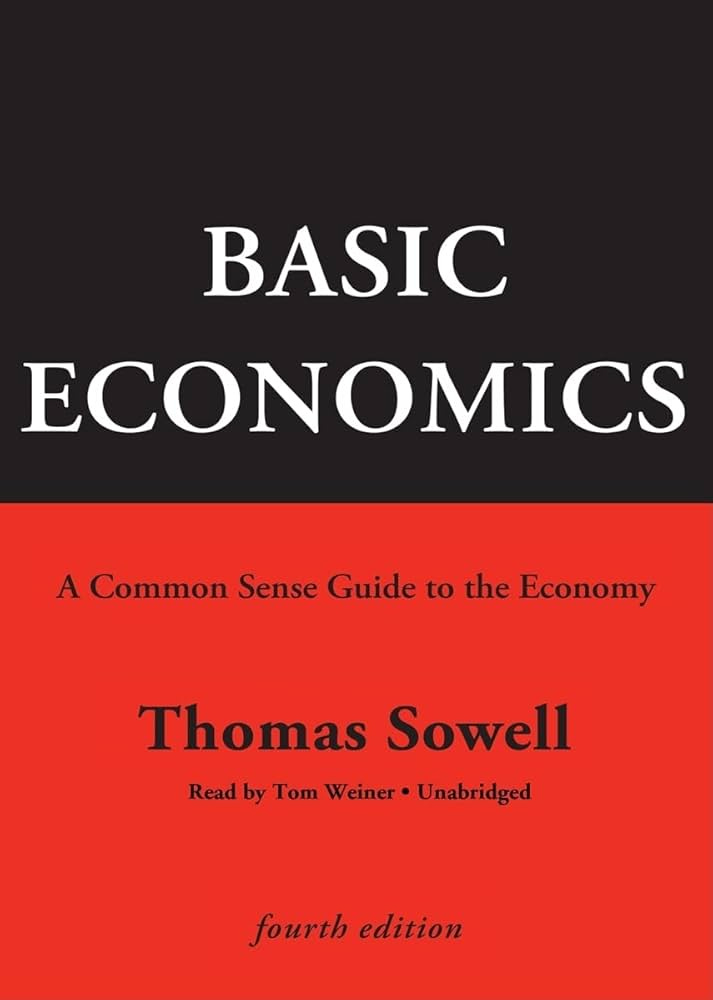For at least as long as I’ve been in Hollywood, there have been people making noise about production assistants unionizing.
, a very pro-labor retired electrician (or “Hollywood Juicer,” as he calls himself), brought it up just last week.Is it ever going to happen? Should it ever happen? Maybe not, and maybe that’s okay.
What Do Unions Do?
Unions are great. They help workers get higher pay, health insurance, retirement pensions, and in the entertainment industry, residuals.1 Of course, employers would prefer not to pay for those things. So how is a union able to negotiate for them?
It’s really simple: basic economics.

If you remember Econ 101, prices2 are determined by supply and demand. Reduce the supply, and the price goes up. By signing deals with the studio and major production companies, the unions restrict the supply of workers available to those studios.
That’s the theory, but you have to take a step even further back to get a realistic picture of collective bargaining. In the real world, unions can only constrain supply if that supply is already fairly limited. In practice, that means skilled labor. If anyone can do a given job, there’s no practical way to unionize all of them; someone will inevitably undercut the union, agreeing to work for lower pay and fewer benefits.
There are only so many qualified electricians, focus pullers, costumers, etc etc, in the world. The same is not true of production assistants.
Not Skilled Labor
Some people are going to take offense at the idea that PA’s are not skilled labor, but it’s true in the economic sense. The job doesn’t require special training, unusual skills, or even an education. It’s an entry-level job, and basically any reasonably intelligent and diligent person can do it.
This doesn’t mean that there aren’t good PA’s and bad PA’s. Certainly some people work harder and smarter than others. But that’s true of literally every job in the world.
If someone were to form a PA Union, the studios would simply ignore them. For any union PA, there would be a dozen just as talented, smart, energetic, eager applicants graduating from film school or rolling off the turnip truck from somewhere.
There’s just no incentive for a studio to sign a deal with such a union.
Riding Coattails
PA’s could hitch their wagon to an already-existing union.3 That would be a win, for already-working production assistants. But it would also inevitably lead to hiring fewer production assistants.
Again, basic economics. Increasing the price reduces the demand. You can see this effect with the rise in minimum wage over the years. When I first started out, three office PA’s was the norm. Somewhere along the line, that got reduced to two. Now, having a single office PA isn’t unusual.
I know some of you are thinking a union PA wouldn’t cost that much more, but remember it isn’t just about payroll—it’s also fringes, like health and pension. Of course, the studios could reduce costs in other areas, like actors’ and producers’ salaries. But they won’t.
You have to consider the benefits to the employer. A big-name star brings an extra $30 million at the box office; a PA brings coffee.
Necessary Expenses
PA’s just aren’t as necessary as some think. Increase the cost of hiring PA’s, and eventually they’ll start using DoorDash to order lunches, remote receptionists to answer phones, AI to transcribe and summarize notes meetings.4 Set PA’s are a little harder to replace, but that burden might just move to 2nd AD’s.
All you really need to make a movie is a camera, a microphone, some actors, and a script. And the studios would like to get rid of those, if they could.
Keep Out
If a PA union or union local were to be formed, this would be bad news for anyone trying to break into Hollywood. A union maintains its bargaining power by excluding people. (Historically, this often meant women and people of color—a darker side of union history that doesn’t often get talked about.) Unionizing an entry-level position will make it that much harder for people who aren’t well-connected or independently wealthy to get started.
That’s a really big if, though. I started this post mentioning
, and I’ll close out with a quote from his piece, too:Being a PA is a springboard from which a young person can get a down-and-dirty look at the reality of the film industry while deciding which path to follow — it’s not a career. Believe me, nobody wants to be a forty-year-old PA, so how would a PA union work? Why would a PA who can barely afford rent and food shell out any of their paltry but precious income for an initiation fee and dues to a union they’re hell-bent on outgrowing as soon as possible — and without those funds, how would such a union be able to function?
A production assistant union is a pipe-dream for current PA’s, but it has little appeal for people either on the outside or on their way up. After hearing about it for more than two decades, I just don’t see it happening. But what do you think?
Yes, IATSE collects residuals. They don’t get paid out individually, like with the WGA, DGA, and SAG; they’re pooled in the health and pension fund.
“Wages” are just what we call the price of labor.
Canadian PA’s are part of the DGC, for example. Canada’s film industry started later the America’s, so the DGC formed to cover a broader range of crafts before IATSE to dominate film unionization, like it does in the U.S.
That last one would be a disaster, so maybe writers’ assistant jobs are safe.



"You have to consider the benefits to the employer. A big-name star brings an extra $30 million at the box office; a PA brings coffee."
Great line -- I damned near spit coffee (which was not brought to me by a PA) all over my laptop reading this...
PA’s are included in IATSE 839 unions 😀 Animated production departments started unionizing about 4 years ago and to my knowledge, all of them include PA positions in their contracts (though other assistant positions may not be included- it varies by studio/production and what positions opted to unionize/were on the production when organizing.)